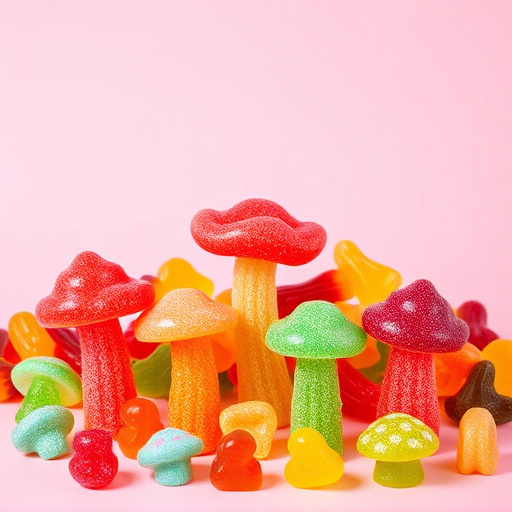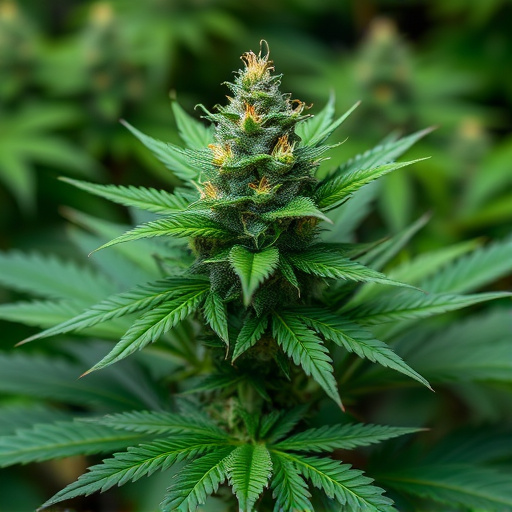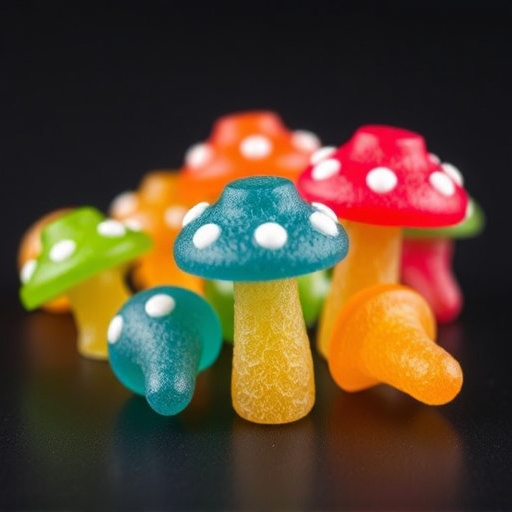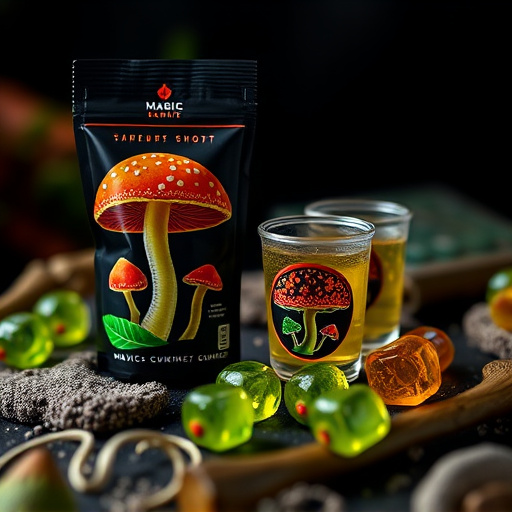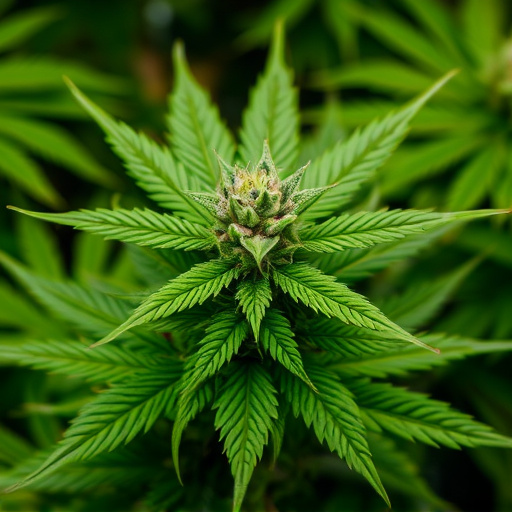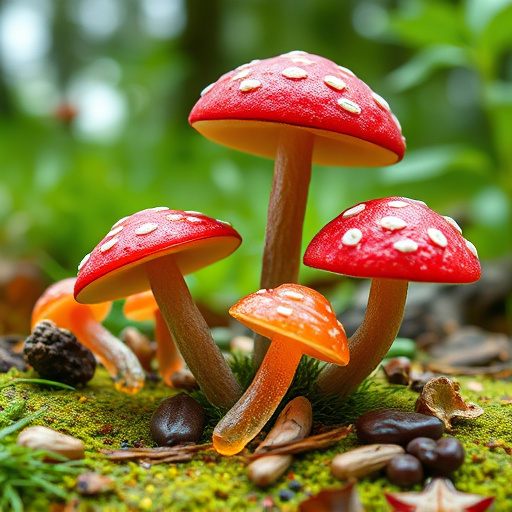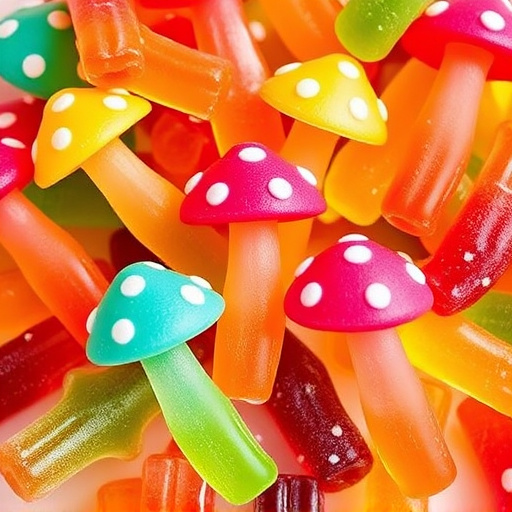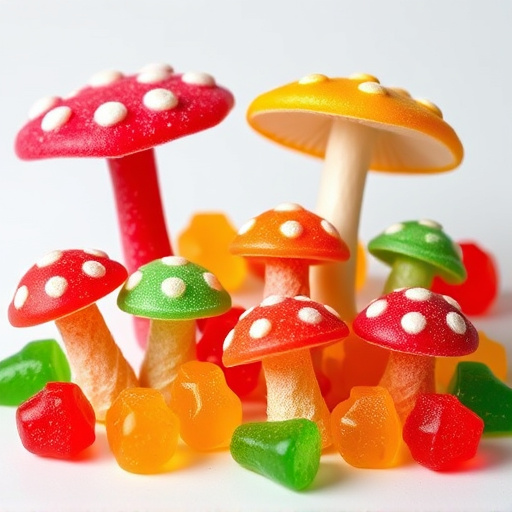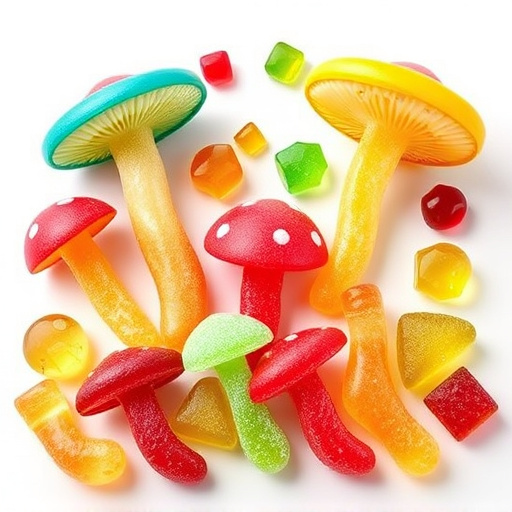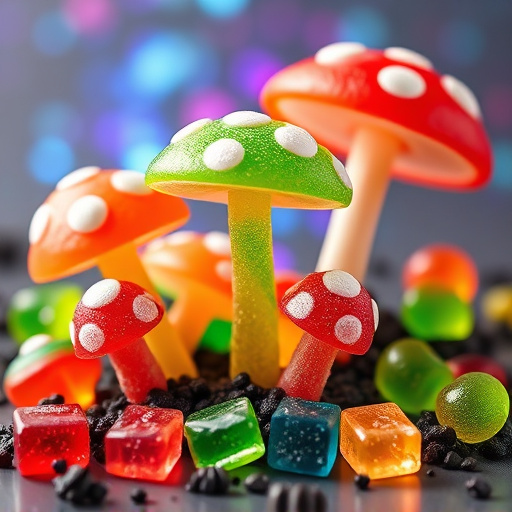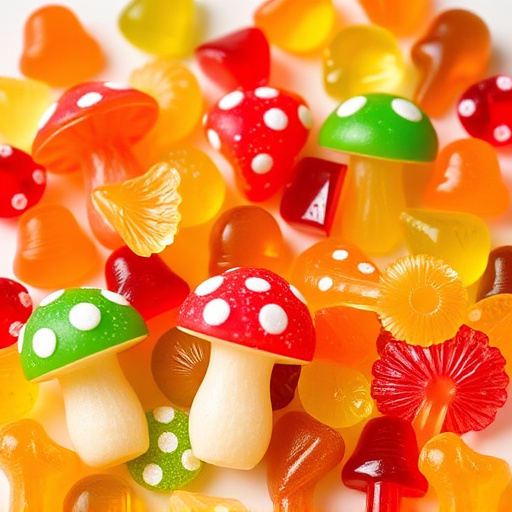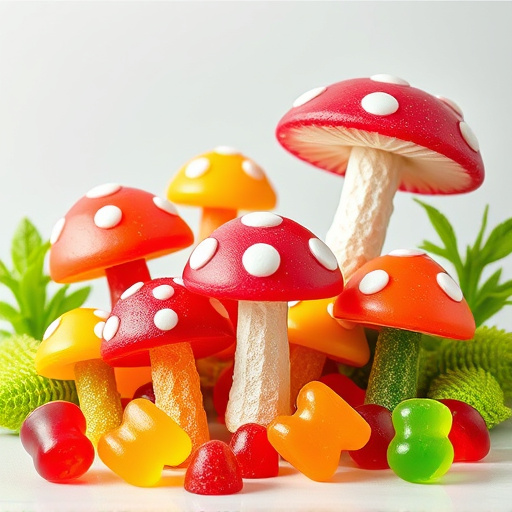Magic Mushroom Gummies, enriched with psilocybin, show promise in enhancing brain plasticity, offering therapeutic effects for mental health conditions like depression, anxiety, and PTSD. Early studies indicate their potential to facilitate neuroplasticity by encouraging neural connections, revolutionizing mental health treatment. However, long-term effects require further research, and safety considerations necessitate consulting healthcare professionals before exploring these alternative therapies.
Discover the profound effects of Magic Mushroom Gummies and their impact on brain plasticity. This comprehensive overview explores the powerful potential of these innovative products, delving into how they interact with neural pathways to offer a range of benefits. From enhancing creativity to potentially aiding mental health treatments, we examine both the safety and effectiveness of Magic Mushroom Gummies in today’s wellness landscape, focusing on the science behind their transformative effects on brain plasticity.
- Understanding Magic Mushroom Gummies: A Comprehensive Overview
- The Role of Brain Plasticity in Magic Mushroom Effects
- Potential Benefits and Precautions: Exploring the Safety and Effectiveness
Understanding Magic Mushroom Gummies: A Comprehensive Overview
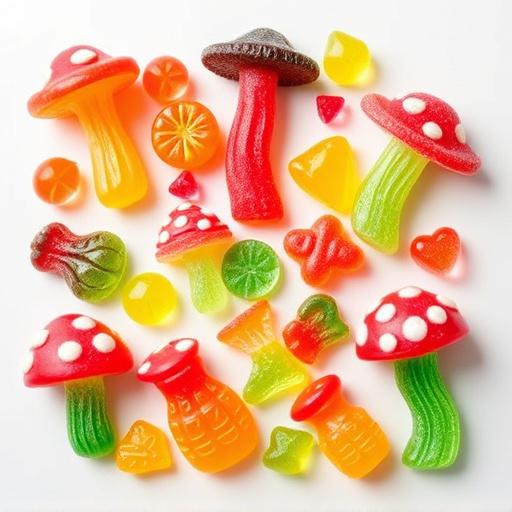
Magic Mushroom Gummies have gained significant attention for their potential therapeutic effects, especially in the realm of mental health and brain plasticity. These gummies are not your typical treats; they contain psilocybin, a compound found naturally in certain types of mushrooms known as magic mushrooms or psychedelic fungi. Psilocybin is renowned for its mind-altering properties, which have sparked both curiosity and debate in the scientific community.
When consumed, psilocybin stimulates the release of neurotransmitters in the brain, leading to altered perceptions and heightened consciousness. Recent studies suggest that this compound can promote neuroplasticity, enabling the brain to reorganize itself by forming new neural connections. This property makes magic mushroom gummies potentially valuable for treating conditions like depression, anxiety, and post-traumatic stress disorder (PTSD). By enhancing brain plasticity, these gummies may offer a novel approach to mental health treatment, providing users with profound insights and transformative experiences.
The Role of Brain Plasticity in Magic Mushroom Effects
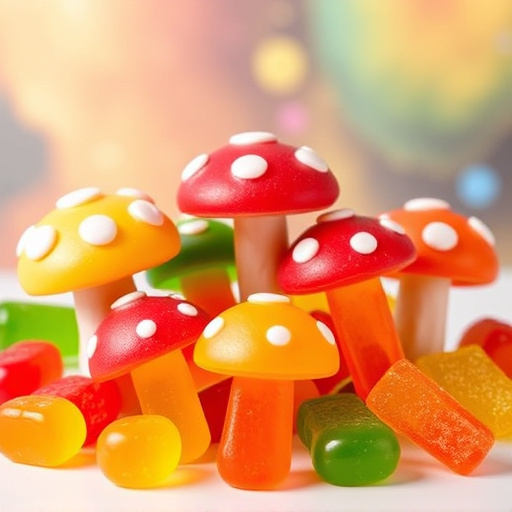
Magic mushrooms have long been known for their psychedelic effects, but recent research suggests that they can also significantly impact brain plasticity—the brain’s ability to change and adapt. This phenomenon is particularly intriguing when considering the potential therapeutic applications of Magic Mushroom Gummies. The active compounds in these fungi, primarily psilocybin, stimulate specific receptors in the brain, leading to altered states of consciousness. What’s more fascinating is that this process appears to encourage neural connections and enhance neuroplasticity, allowing the brain to form new pathways and foster improved cognitive functions.
Brain plasticity plays a pivotal role in how individuals perceive and interpret their surroundings, memories, and emotions. Magic Mushroom Gummies, when consumed responsibly under controlled conditions, can facilitate a deeper exploration of these aspects. Studies indicate that the experience induced by these gummies may result in enhanced creativity, better problem-solving skills, and even positive changes in mental health conditions such as depression and anxiety. Understanding brain plasticity helps elucidate the potential long-term benefits of magical mushrooms and their growing prominence in therapeutic practices.
Potential Benefits and Precautions: Exploring the Safety and Effectiveness
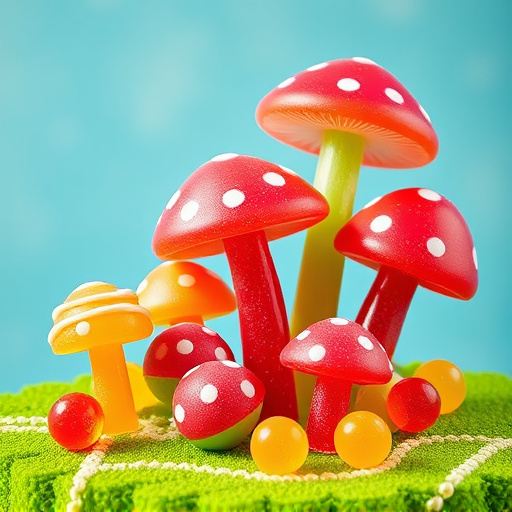
Magic mushroom gummies, infused with psilocybin, offer more than just a trippy experience. Beyond their recreational use, these innovative products are gaining attention for potential therapeutic benefits, particularly in enhancing brain plasticity. Brain plasticity refers to the brain’s ability to reorganize itself by forming new neural connections throughout life. This adaptability plays a crucial role in learning, memory, and recovery from neurological conditions.
However, it’s essential to approach this topic with caution. While early research suggests promising outcomes, especially in treating anxiety, depression, and PTSD, the long-term effects of magic mushroom gummies remain largely unexplored. The legal status of psilocybin varies widely, limiting access to controlled studies. Furthermore, individual reactions can vary greatly due to factors like dosage, set, and setting. Always consult with a healthcare professional before considering psilocybin-based treatments for any condition.
Magic Mushroom Gummies offer a unique way to experience the potential benefits of psilocybin, highlighting the fascinating connection between these compounds and brain plasticity. While further research is needed to fully understand their effects and safety profile, initial studies suggest they may hold promise for therapeutic applications. As with any psychedelic substance, responsible use and professional guidance are paramount, ensuring individuals navigate the experiences with support and an awareness of potential risks and benefits. The exploration of Magic Mushroom Gummies and brain plasticity opens exciting avenues for future research in mental health and well-being.
